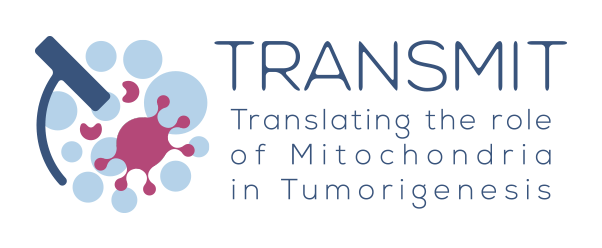Fumarase and fumarate: epigenetic modifications in FH-deficient tumors (ESR 4)
Project Description
1) Job description: The Frezza laboratory focuses on understanding the role of the mitochondrial enzyme and component of the tricarboxylic acid (TCA) cycle Fumarate Hydratase in tumorigenesis. We have recently demonstrated that fumarate, accumulated in FH-deficient cells, elicits a powerful epigenetic reprogramming that leads to the suppression of miRNA200, and induction of epithelial–to-mesenchymal transition (Sciacovelli et al, Nature 2016). This epigenetic and phenotypic switch makes FH-deficient cells more motile and invasive, predisposing to metastasis. Although we demonstrated that fumarate has a role as epigenetic modifier, its effects on chromatin structure and function are still unknown. This project will help to elucidate the link between TCA cycle dysfunction, accumulation of fumarate, and downstream epigenetic changes involved in tumorigenesis. To this aim the ESR will investigate the hypothesis that fumarate controls the activity of histone and DNA demethylases involved in DNA and histone methylation, causing broad epigenetic changes. The ESR will first generate a 3D cellular model of FH-deficiency by deleting FH in human renal cell lines obtained using CRISPR technology. He/she will then perform comprehensive subcellular metabolomics analyses to study the metabolic changes induced by the loss of FH in a compartment-specific manner, focusing in particular on the accumulation of fumarate in the nucleus. Then, the ESR will perform an extensive epigenetic analysis aimed at understanding how fumarate modulates genes expression and chromatin structure by altering DNA methylation and histone marks deposition. To assess DNA methylation, genome scale bisulfite sequencing and liquid chromatography analyses will be performed. Further, ESR will also perform Chip-bisulfite sequencing analyses to evaluate changes in histones binding to chromatin and their association to methylated DNA. These epigenetic changes will be merged with RNA-seq experiments to find the link between epigenetic modification and gene expression.
Principal Investigator: Dr. Christian Frezza
ESR 4: Christina Schmidt
Key personnel:
Dr. Ana Sofia Henriques da Costa, Post- Doc fellow
Dr. Marco Sciacovelli, Post-Doc fellow

